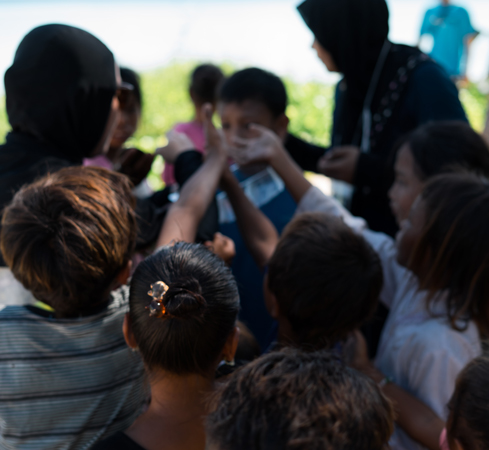- +1(612)-886-4056
- info@institutent.org


Drug overdose is a serious and growing public health issue that affects individuals, families, and communities across the United States. According to the Centers for Disease Control and Prevention, over 93,000 people died from drug overdose in 2020, a record high. Preventing drug overdose is important because it helps to save lives, reduce harm, and promote health and well-being.

Drug overdose can have complex causes that are often related to individual, social, and structural factors. Some common causes of drug overdose include:
Preventing drug overdose requires a multi-faceted approach that addresses the underlying causes and risk factors. Here are some strategies that nonprofit organizations can use to prevent drug overdose:
Preventing drug overdose requires a multi-faceted approach that addresses the underlying causes and risk factors. Here are some strategies that nonprofit organizations can use to prevent drug overdose:
For individuals and communities affected by drug overdose, it is important to provide support and resources to help them heal and recover. Here are some resources that can be helpful:
Funding and Grants: We hope to receive grants and fundings to prevent drug overdose and promote health and well-being in the community. These grants can be used to support programs and services that focus on harm reduction, treatment and recovery, and community education and outreach.
Collaboration and Partnerships: Institute of New Thoughts seeks to collaborate with different organizations, the state, counties, and all partners in order to create innovative approaches to preventing drug overdose and addressing addiction in the community. By working together, we hope they can share resources, expertise, and best practices to make a greater impact in the fight against drug overdose.
Technical Assistance and Training: Hennepin County offers technical assistance and training to nonprofit organizations to help them build their capacity and enhance their effectiveness in preventing drug overdose and promoting health and well-being. This includes training on harm reduction approaches, overdose prevention, and other evidence-based practices.
3055 Old HWY 8, Minneapolis, MN 55418
